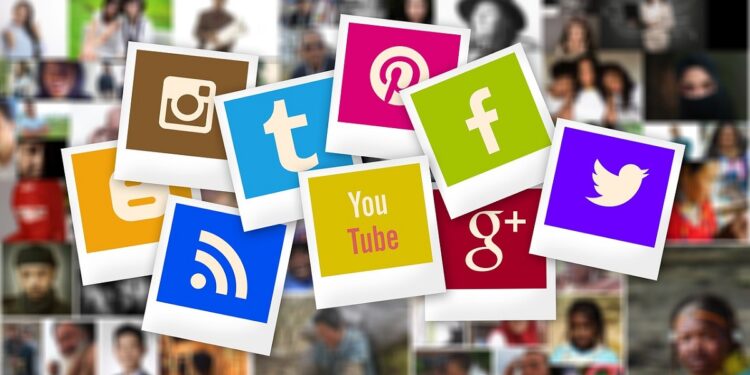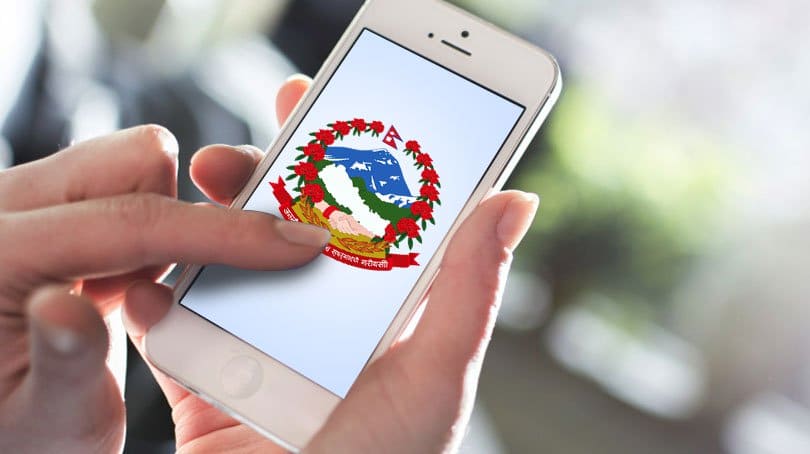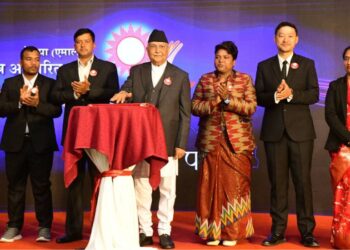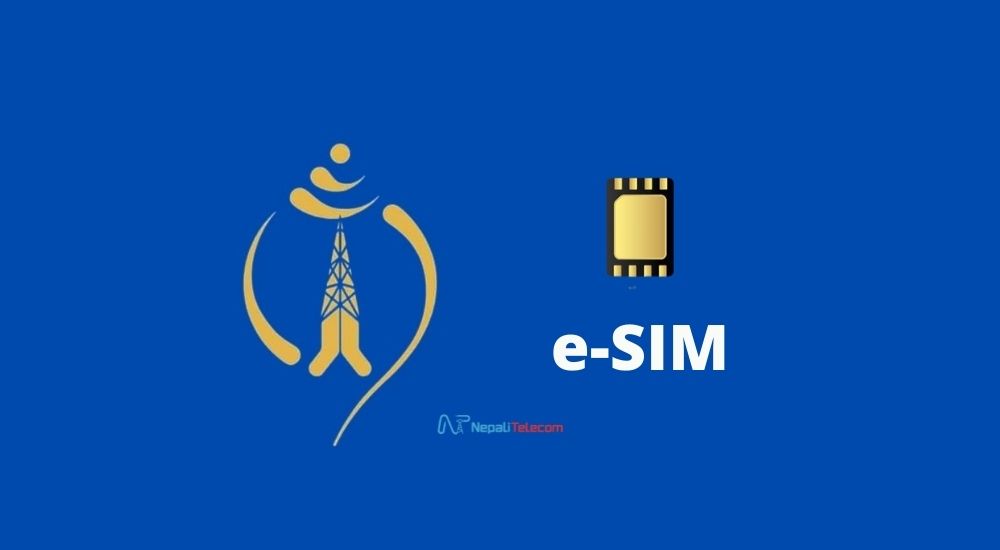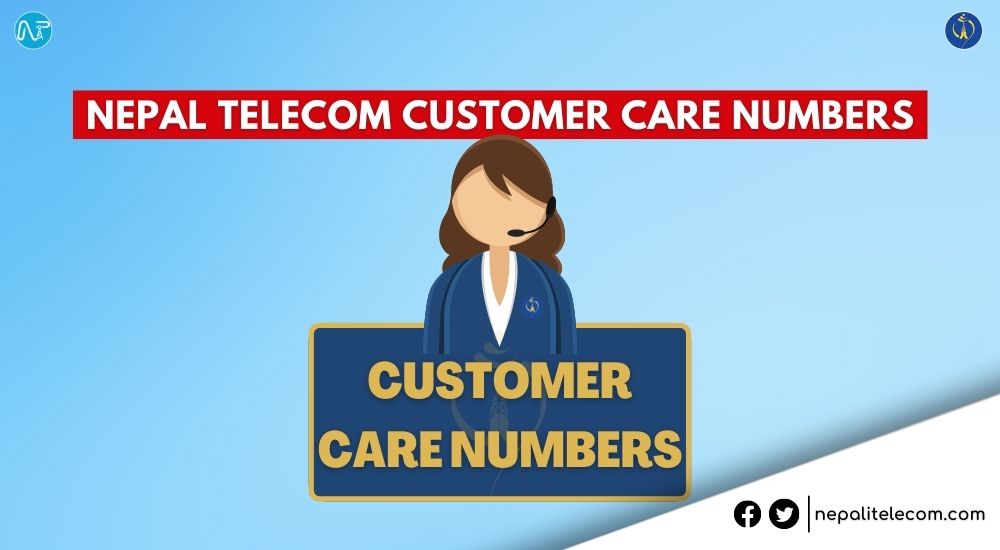The government has passed new social media guidelines for their proper use and regulations which introduces a slew of social media law in Nepal. The rulebook includes the provision of mandatory registration in Nepal, classification of social media platforms, filtering out illegal content, etc. The guidelines are expected to keep Nepali social media space a healthy and productive digital space free of anti-social and harmful material.
The guidelines were prepared by the Ministry of Communications and Information Technology and approved by the Cabinet. After the provisions were approved by the cabinet on Thursday, November 09, Communication minister Rekha Sharma said, ‘The government has concluded that a different set of rules are required for the way social media usage has evolved in Nepal,” adding further, she said, “The guidelines should help people understand, behave, and adopt to the social network platforms in the proper manner.”
The rules have come into implementation amidst the row that followed after the government banned TikTok in Nepal.
Social Media Guidelines 2080: Things you need to know
The directives have been put into effect by the government exercising the rights granted by Section 79 of the Electronic Transactions Act, 2063 (2008). The directive is titled “Directives Regarding the Management of Social Media Use, 2080.”
The government defines a social network as a group, blog, or app that allows individuals, groups, or institutions to interact with each other and let users transmit their content via computer and the internet. Likewise, social media use refers to behaviors such as posts, shares, comments, live streams, tags, mentions, etc.
The rules in the guidelines apply to Facebook, TikTok, X (Twitter), WhatsApp, Messenger, Instagram, YouTube, LinkedIn, etc.
Check out: TikTok’s closest alternative app “Ramailo” launched: Here are its top features
Social media registration rule
The social media companies must register their platform in Nepal within three months after the beginning of the guideline. Social media are registered at the Ministry of Communication, Information, and Technology (MoCIT). To apply for their registration, a representative, or the company itself can have its name registered. The registration process can also take place online.
The guidelines state that the government can restrict the operation of social media in the absence of registration at the Ministry. However, platforms that are working on public education and social empowerment may not strictly need registration.
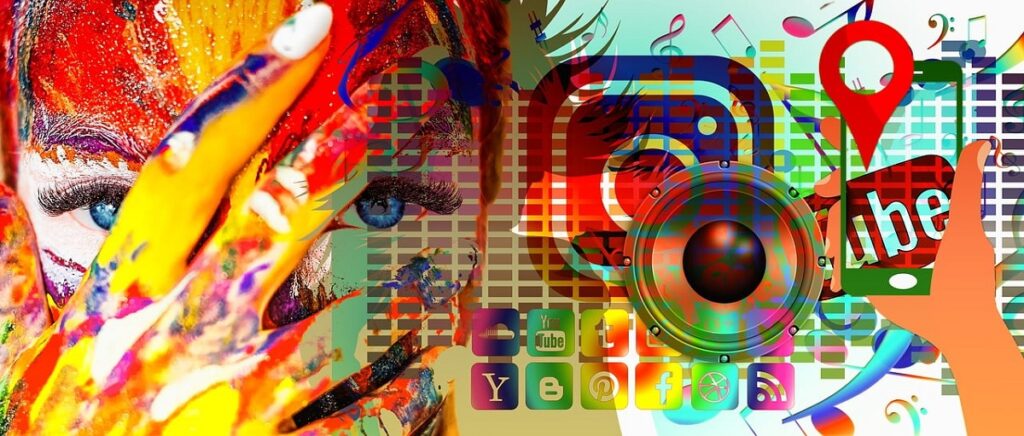
Social media classification
The Ministry has classified social media operations in Nepal in terms of their user base. As per the new social media law in Nepal, social media that have above 1 lakh users are classified as large social media platforms. Those with less than 1 lakh users are categorized as small social media platforms. This may also interest you: The government to fine users Rs 50,000 for selling goods on social media
Establishing a “point of contact”
Social media companies must establish a point of contact in Nepal to address complaints regarding the platform’s use. If there is none, then a social media company must set up its point of contact or fix a contact person within three months from the date the guidelines begin. this provision addresses the long-running concerns about the lack of representatives of social media in Nepal. Having a local representative means the government can regulate the content and the media more effectively.
Point of contact’s responsibilities
The Point of contact or the contact person must inspect content that violates the social media law of Nepal as stated in the guidelines. It can also disable such posts or content for a certain period and inform it to a relevant agency. The agencies here refer to the Department of Information and Broadcasting, Advertisement Board, Press Council, and Nepal Telecommunication Authority (NTA).
Find: Top 10 Popular Nepali apps
Social Media Law in Nepal 2080 | Social Media Guidelines | What you can and can’t do on Facebook, Instagram, and other social media?
The social media guidelines enlist the rules that provide a list of what users can and can’t do on social media platforms in Nepal. The rules have prioritized the safety and protection of underage and minority and strictly discourages anti-social behaviors. Here are the rules for social media users in Nepal:
- Social media users can’t create fake accounts, pages, and groups,
- They can’t use fake accounts and pages to create content, share them comment, or call others,
- The rules have it that users can’t post audio-visual content or photos that adversely target a specific individual, community, gender, religion, age, profession, minority group, etc. In essence, the content shouldn’t be trolls and hateful remarks on specific groups that might disrupt social harmony,
- No content should encourage or promote child labor, human trafficking, multiple marriages, untouchability, and other activities defined as illegal by the laws of Nepal,
- Likewise, users must refrain from hateful words, audio-visual photos, trolls, and hate speech,
- Modifying any individual’s photo and posting and sharing them using digital technologies such as animation, montage, etc.,
- Taking photos, posting, and sharing of someone without permission is not permissible by the law. However, the images which are public in nature won’t require permission,
- Users also can’t post profanity, illicit photos, audio, video, and animation, and share them or comment in support of such explicit content,
- Promoting activities that encourage sex abuse, and prostitution,
- Posting and sharing fake information, misinformation, and distorted information,
- No cyberbullying,
- Promoting the trade and use of drugs and other substances, gambling, etc.
- Similarly, posting and sharing content relating to terrorism,
- Breaching people’s privacy,
- Hacking someone’s accounts, and accessing their information using social media platforms,
- Phishing, imposter, and other activities using social media,
- Posting and sharing gory photos and videos,
- Advertising products that have been restricted by the law,
- Imitating and sharing activities prohibited by the law.
The guidelines mention that if the content doesn’t conform to the rules, the social media operator can remove the content within 24 hours. The rulebook also includes that users shall not post and promote content that may compromise national integrity, security, and unity. They should also refrain from posting any material that might disrupt social cohesion.
Check out: Nepal Telecom’s Unlimited Youtube/Facebook Pack
A road to better regulation of social media in Nepal
The government has worked long on social media and OTT regulation but has not been as effective. The new social media law could be the vehicle to effectively regulate and monitor the digital space in Nepal. These guidelines seem to come in response to the ongoing public narrative that social media has become unhealthy and too explicit. In theory, this was the very basis for the closure of TikTok. The government has also started strict monitoring of other social media apps and could be working on auto-removal of anti-social content.
What do you think of the new social media law in Nepal? Do they encapsulate the provisions required to make social media a productive and healthy space for all? Have your say in the comment below.


